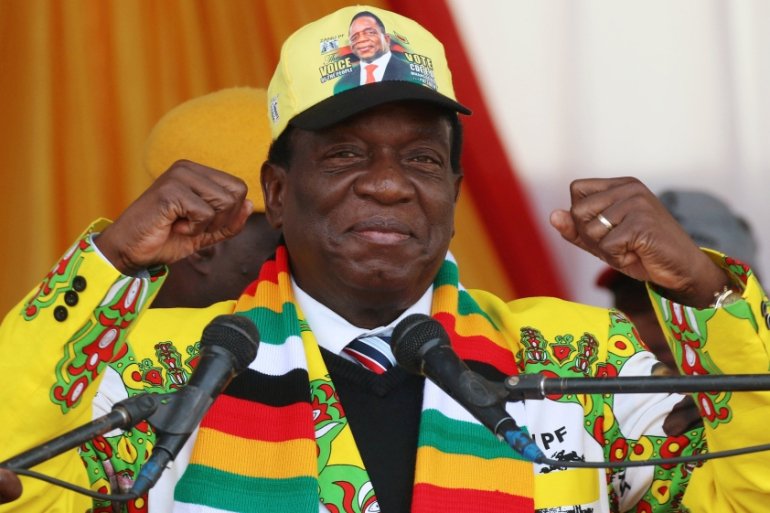News / National
Mnangagwa confronting the Gukurahundi ghost
16 Jul 2024 at 19:55hrs |
0 Views

President Emmerson Mnangagwa on Sunday initiated a Gukurahundi hearings outreach program led by chiefs from the Matabeleland region. The aim is to gather information about the atrocities that occurred during the Gukurahundi era from 1982 to 1987, a period marked by widespread violence and killings. This state-sponsored effort is part of a larger attempt to address the genocide committed under the late former president Robert Mugabe's regime.
While many Zimbabweans desire closure on this painful chapter, there is significant controversy surrounding Mnangagwa's approach. Critics argue that the government's involvement raises serious concerns about transparency, accountability, and justice. Mnangagwa and several senior Zanu PF leaders, including security chiefs, were implicated in the violence of that era. Now, these same figures are leading the investigation into crimes they are accused of perpetrating—a clear conflict of interest.
Historically, crimes against humanity have been addressed through international mechanisms like the International Criminal Court and special tribunals. These bodies ensure impartiality and accountability, qualities critics argue are lacking in Mnangagwa's initiative. The concern is that allowing perpetrators to investigate themselves could lead to whitewashing or covering up past atrocities, undermining efforts for justice and reconciliation.
Ultimately, the prevailing sentiment is that Mnangagwa's process is unlikely to achieve the goals of truth, accountability, and reparations essential for resolving the Gukurahundi issue. Independent and impartial investigations are seen as crucial for ensuring justice and addressing the legacy of human rights abuses in Zimbabwe.
While many Zimbabweans desire closure on this painful chapter, there is significant controversy surrounding Mnangagwa's approach. Critics argue that the government's involvement raises serious concerns about transparency, accountability, and justice. Mnangagwa and several senior Zanu PF leaders, including security chiefs, were implicated in the violence of that era. Now, these same figures are leading the investigation into crimes they are accused of perpetrating—a clear conflict of interest.
Ultimately, the prevailing sentiment is that Mnangagwa's process is unlikely to achieve the goals of truth, accountability, and reparations essential for resolving the Gukurahundi issue. Independent and impartial investigations are seen as crucial for ensuring justice and addressing the legacy of human rights abuses in Zimbabwe.
Source - online
Join the discussion
Loading comments…




























